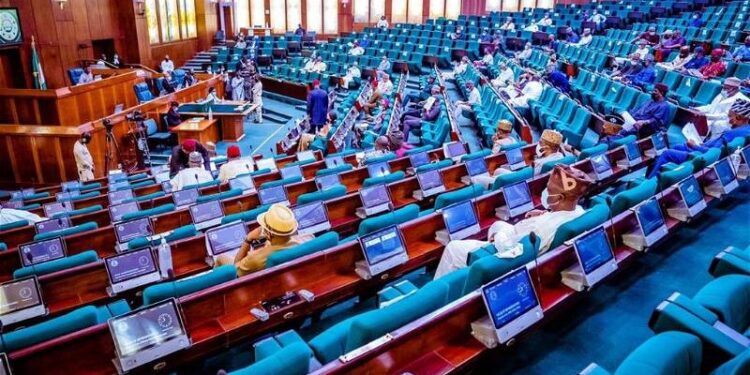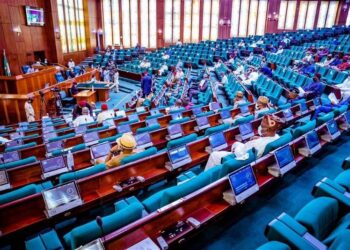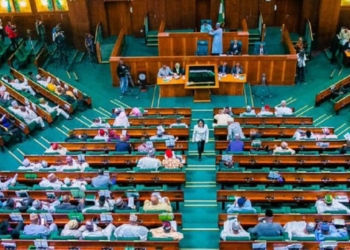Some members of the House of Representatives have recommended a ban on the import of items that can be locally produced in the country.
This recommendation was contained in a report by the House of Representatives’ joint committees on Finance, National Planning and Economic Development and Aid, Loans and Debt Management.
The report, which was on the 2024-2026 Medium Term Expenditure Framework and Fiscal Strategy Paper (MTEF/FSP), was seen by Nairametrics.
The committees also stressed that the Central Bank of Nigeria should provide foreign exchange to banks to discourage parallel market patronage.
The report read:
- “that all items locally produced should be out rightly banned from importation and customs tariffs amended accordingly;
- “that the CBN should ensure that Banks have access to FOREX to provide funds to importers and other users to prevent patronage of the parallel market.”
More Insight
Recently, the CBN lifted the foreign exchange prohibition on 43 items, including rice, fertiliser, and cement.
The 43 commodities were prohibited from obtaining foreign exchange at the official market rate in 2015.
The CBN’s abrupt decision to lift the prohibition occurred against the backdrop of high levels of foreign exchange market volatility caused by the President Bola Tinubu administration’s consolidation of all trading windows into the official FX market.
Following the lifting of the restrictions, the Green Chamber adopted a resolution to summon the CBN Governor during a plenary session.
This action was taken in response to the adoption of a motion of urgent public importance, which was sponsored by Sada Soli, a member of the House who represents the Jibia/Kaita Federal Constituency in Katsina State on behalf of the All Progressives Congress (APC).
Soli, in support of the motion’s significance, asserted that the apex bank’s decision could potentially result in the shutdown of manufacturing facilities, thereby undermining the country’s ability to foster domestic economic development.





















